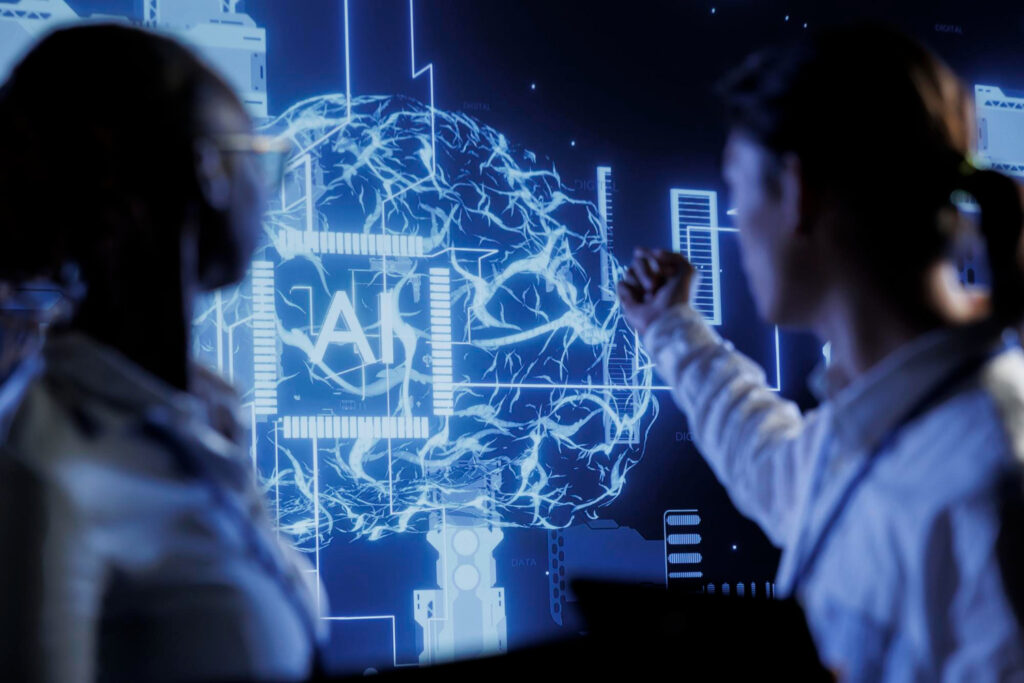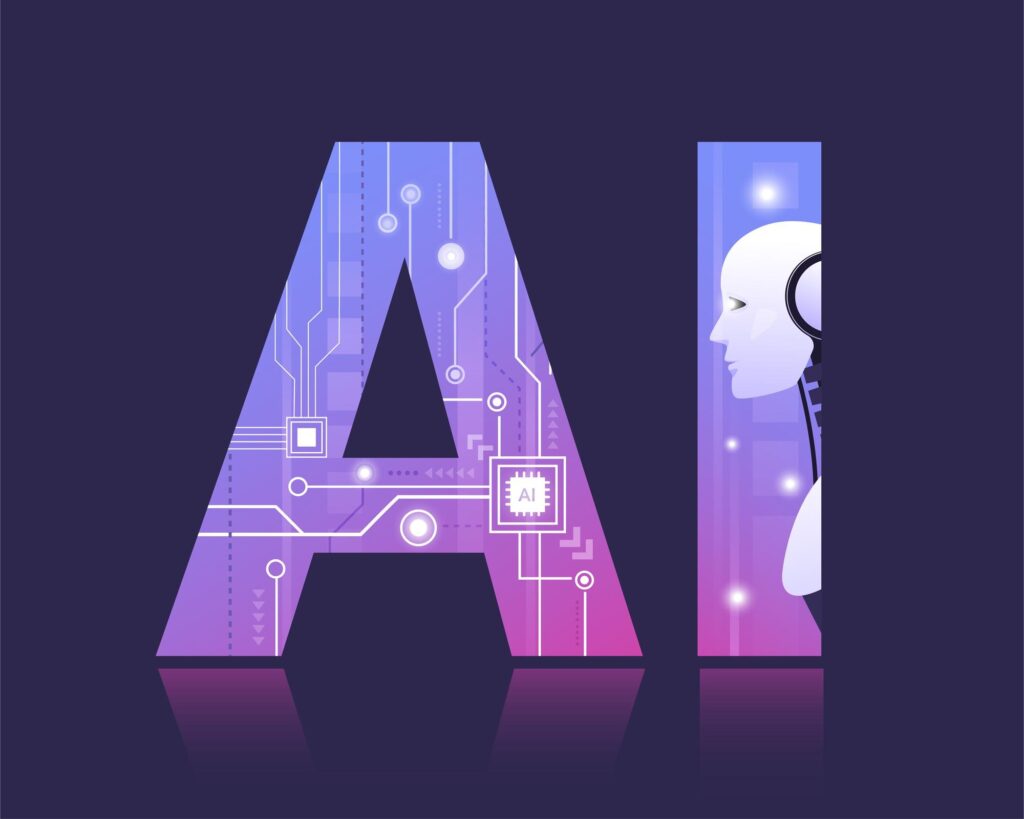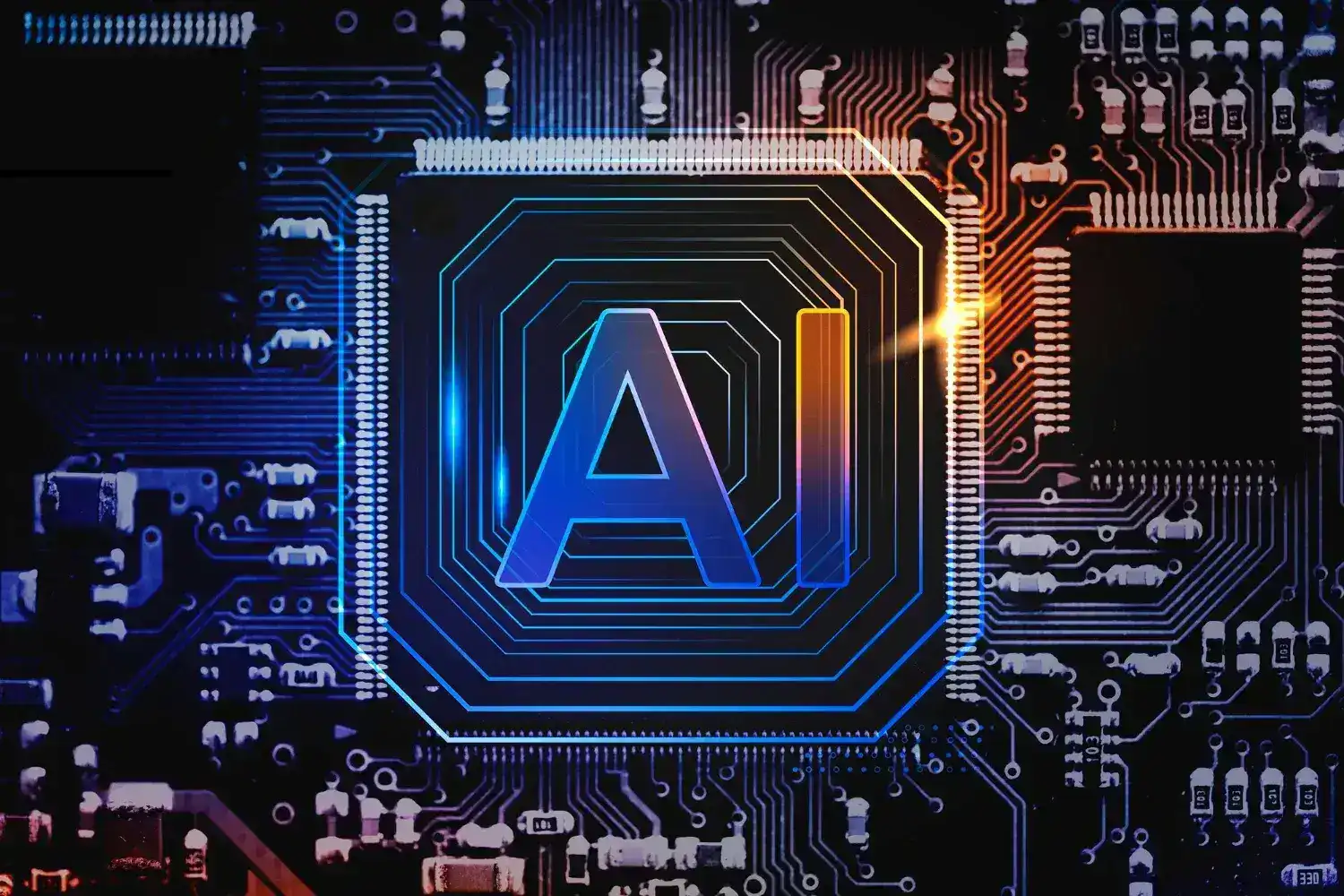Artificial Intelligence (AI) has become a cornerstone of modern technological advancements. From personal assistants like Siri and Alexa to autonomous vehicles and healthcare innovations, AI is fundamentally transforming industries and improving the way we live and work. In 2024, the role of AI in shaping technological progress continues to grow, bringing both opportunities and challenges. Let’s dive into how AI is impacting modern technology across different sectors.
Revolutionizing Industries with AI

AI is not just a buzzword; it’s a force that’s changing how industries operate. In healthcare, AI-powered diagnostic tools analyze medical images and patient data, improving the accuracy of diagnoses and speeding up the process of identifying potential health issues. This has led to quicker treatments and better patient outcomes, especially in critical fields like cancer detection and personalized medicine.
In finance, AI algorithms predict market trends, optimize investment strategies, and identify fraudulent activities. Banks use AI to enhance customer experiences with chatbots and virtual assistants that provide instant support. Similarly, in manufacturing, AI automates routine tasks, streamlines supply chains, and improves product quality through predictive maintenance. The power of AI is revolutionizing industries by increasing efficiency, reducing costs, and unlocking new capabilities.
AI in Consumer Technology
In consumer technology, AI is playing a pivotal role in making devices smarter and more intuitive. Smartphones, for example, rely on AI for facial recognition, voice assistants, and personalized recommendations. AI algorithms learn from user behavior, adapting to individual preferences to offer personalized content, notifications, and features.
Smart homes also benefit from AI, with voice-controlled assistants like Amazon’s Alexa and Google Home offering convenience in managing household tasks, controlling lights, thermostats, and even ordering groceries. Additionally, AI-enabled devices like smart refrigerators and washing machines are designed to optimize energy usage, helping consumers save on electricity bills. The integration of AI into everyday life has made it easier for people to manage tasks, make informed decisions, and enjoy more seamless experiences.
AI’s Role in Autonomous Systems
One of the most exciting applications of AI is in autonomous systems, such as self-driving cars and drones. AI-driven vehicles analyze data from sensors, cameras, and radar to navigate the environment, recognize obstacles, and make real-time decisions on the road. This technology has the potential to reduce traffic accidents, improve road safety, and make transportation more efficient.
Drones, powered by AI, are transforming industries like delivery services, agriculture, and surveillance. They are used for precision farming, aerial photography, and delivering packages, enhancing productivity and reducing costs. While challenges remain in perfecting these systems, AI is undeniably shaping the future of mobility and transportation.
AI and Data Analytics
AI’s ability to process and analyze massive amounts of data is one of its most powerful features. Machine learning algorithms can sift through data at speeds far beyond human capabilities, identifying trends, patterns, and insights that would otherwise go unnoticed. In sectors like retail, AI analyzes customer behavior to provide tailored shopping experiences, optimize inventory management, and predict future trends.
In the tech world, AI is also used for cybersecurity. By continuously monitoring networks, AI can detect unusual activity, identify vulnerabilities, and respond to threats faster than traditional security methods. In this way, AI helps protect sensitive information, such as financial data and personal privacy, from evolving cyber threats.
Ethical Considerations and Challenges

While AI presents numerous benefits, its impact also raises significant ethical questions. Concerns around job displacement due to automation are at the forefront, as AI systems begin to replace roles in industries like manufacturing, retail, and customer service. Moreover, AI decision-making processes, which rely on algorithms, can sometimes be biased, leading to issues in areas such as hiring, criminal justice, and healthcare.
As AI becomes more integrated into modern technology, it is crucial to ensure that these systems are designed and implemented ethically. Establishing transparent frameworks for AI development and use, protecting user privacy, and addressing societal impacts are essential steps toward creating a future where AI benefits everyone.
The impact of AI on modern technology is profound and far-reaching. From revolutionizing industries to enhancing consumer experiences and driving autonomous systems, AI is transforming the technological landscape. As we move forward, the continued development of AI will open new doors for innovation while presenting challenges that must be addressed responsibly. Understanding and embracing the potential of AI will be key in navigating the future of technology and ensuring it serves the greater good.

Leave a Reply